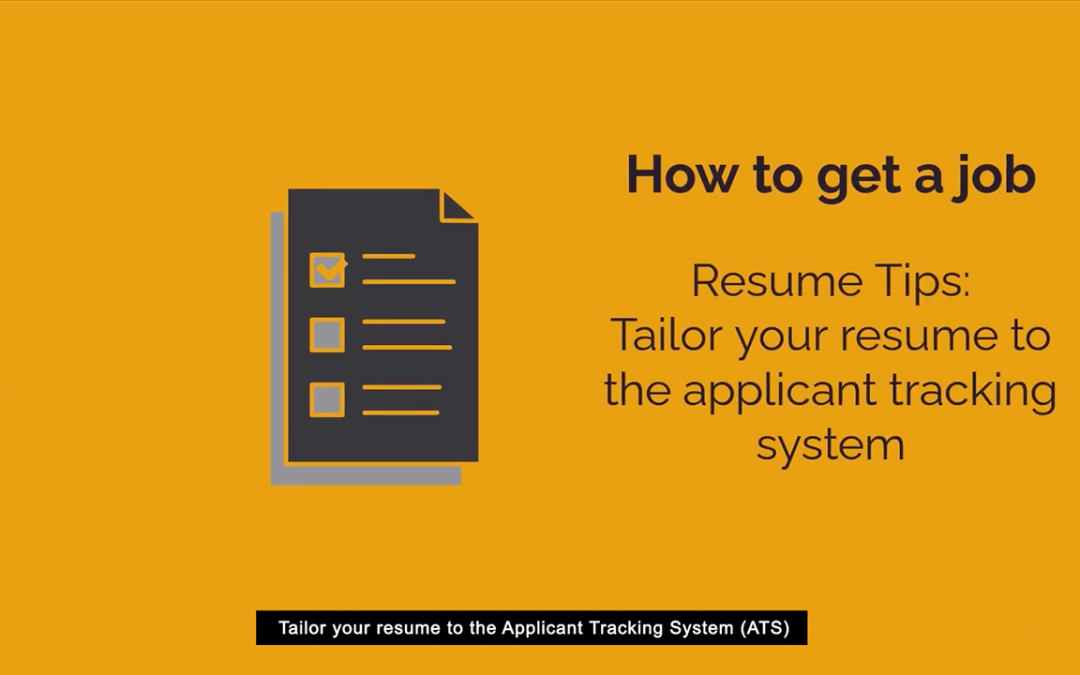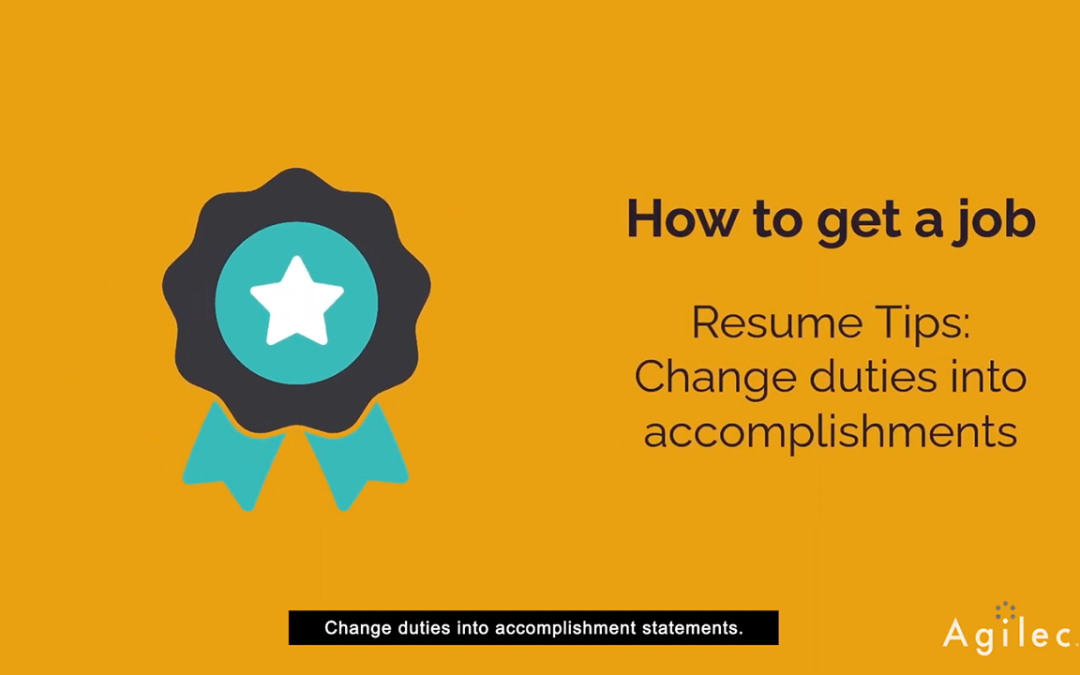What do we as Leaders Need to Understand About Emotional Reactions or Triggers?
Well first off – We all have them. We are all emotional beings.
Think of a time somebody has stepped ahead of you in a line up or cut you off in traffic.
- What was your initial reaction?
- Did you feel your blood pressure rise?
Maybe you spoke out in frustration. You might have immediately judged that the person was purposely disrespectful to you, but the truth may be different – maybe they were not aware of their action and its impact on you.
Triggers and emotional reactions are typically telling us something about ourselves that is important to us.
It really is not about the other person’s action or intention – it’s about you and your reaction to the event. If we become angry by something that happened, it is usually not about the person doing the action; our reaction is revealing something about us that we may want to think about. Examining our triggers and emotional reactions helps us to be more compassionate to all people including ourselves.
Let’s Reflect!
Here’s an exercise to help you when you or your staff are experiencing triggers.
Next time you feel an emotional reaction that is uncomfortable, take a few minutes to try this. You can do this in a quiet room, taking a quick walk, or even in a meeting.
Become aware of yourself and your breath – is your breath rapid or shallow?
Work on deepening your breath, in and out, holding for a pattern of four. Breathing in for four, holding for four, releasing for four, holding for four. Breathing in and out through your nose at this four by four pace for several breaths. Then breathe normally and steadily, always coming back to your breath. As you breathe, become aware of your body – where you are seated or standing, how you are holding your tension – release, relax, and continue to breathe. You may want to tap your fingers together gently, relax your hands on your lap, or hold your hands to your heart area to ground yourself.
Identify the emotion you are feeling
Accept that it is there and where you feel it in your body. Look at the emotion as neither good nor bad – it just is. Keep breathing as you pause on the emotion allowing it to process through your body.
Start being curious about the emotion
Is whatever precipitated the emotion true? Allow thoughts that arise to flow through your mind like clouds, coming back to the breath and the feeling you are experiencing. Pretend you are watching yourself from afar, as if you are an observer to this story. Allow the story to process with steady breath for at least two to three minutes if you can.
Compassion
Allow compassion for this emotion and your experience of this emotion, and for any persons involved in the situation. Give yourself a virtual hug, breathing compassion to yourself.
Let go
That’s right, channel your inner Elsa. As you process through, let the emotion go with your breath.
As a Transformational Leader you need to be on the lookout for your people having trigger events, as well as yourself. You may see team members react in anger, or they might withdraw from social interaction because of shame, fear, anxiety.
The key is to build an accurate understanding and relationship with your team members so that they feel they can come speak to you – or that you can approach them knowing that you have their best interest in mind. We are all human – we all have trigger events at times.
Looking for more resources? Want to gain more understanding about yourself as a leader and/or the team you are working with?
Check out our newest E-learning course Emotional Intelligence at Work > CLICK HERE
This course includes a detailed assessment of your preferred emotions and behaviours; you will learn how they are impacting your relationships, influence, and daily interactions. Learners will leave with an improved sense of Emotional Intelligence and understanding on what success looks like at work.
Read the next blog in our Leadership Series > CLICK HERE





